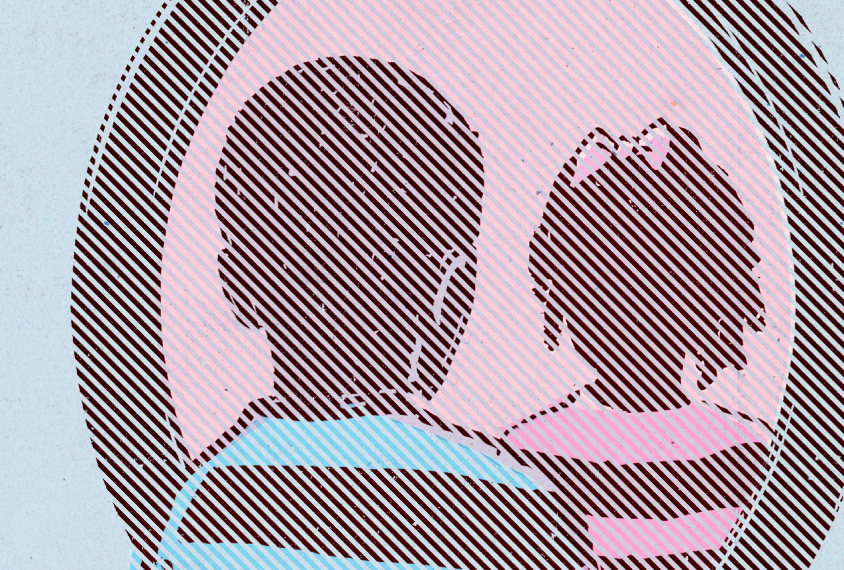Deborah Rudacille earned an M.A. in science writing from Johns Hopkins University in 1998. She worked as a research writer at the Johns Hopkins Bloomberg School of Public Health and as senior science writer at the Johns Hopkins School of Medicine. Rudacille is the author of three books: The Scalpel and the Butterfly (2000), The Riddle of Gender (2004) and Roots of Steel (2010). She joined SFARI.org’s team as news editor in 2010.
Deborah Rudacille
Former News Editor
SFARI.org
From this contributor
The twenty-something free fall
Young adults with autism face many new expectations and challenges — with none of the support that is available during high school.
New clinical guidelines address gender dysphoria in autism
New recommendations urge clinicians to screen teenagers for autism when they seek treatment at gender clinics, and evaluate those with autism for gender concerns.

New clinical guidelines address gender dysphoria in autism
Living between genders
‘Trans’ people with autism express a gender at odds with societal expectations, or reject the male-female divide entirely. Many are breaking new ground on how identity is defined — and what it means to also have autism.
Nobel goals
On the occasion of Thomas Südhof winning the Nobel Prize in Physiology or Medicine, SFARI.org’s former news editor recalls their first meeting.
Autism rates higher among adults with low birth weight
Autism prevalence is five times higher in young adults born weighing 2,000 grams or less compared with controls, according to a study published 17 October in Pediatrics.

Autism rates higher among adults with low birth weight
Explore more from The Transmitter
Astrocytes orchestrate oxytocin’s social effects in mice
The cells amplify oxytocin—and may be responsible for sex differences in social behavior, two preprints find.

Astrocytes orchestrate oxytocin’s social effects in mice
The cells amplify oxytocin—and may be responsible for sex differences in social behavior, two preprints find.
Neuro’s ark: Spying on the secret sensory world of ticks
Carola Städele, a self-proclaimed “tick magnet,” studies the arachnids’ sensory neurobiology—in other words, how these tiny parasites zero in on their next meal.

Neuro’s ark: Spying on the secret sensory world of ticks
Carola Städele, a self-proclaimed “tick magnet,” studies the arachnids’ sensory neurobiology—in other words, how these tiny parasites zero in on their next meal.
Autism in old age, and more
Here is a roundup of autism-related news and research spotted around the web for the week of 2 March.

Autism in old age, and more
Here is a roundup of autism-related news and research spotted around the web for the week of 2 March.
